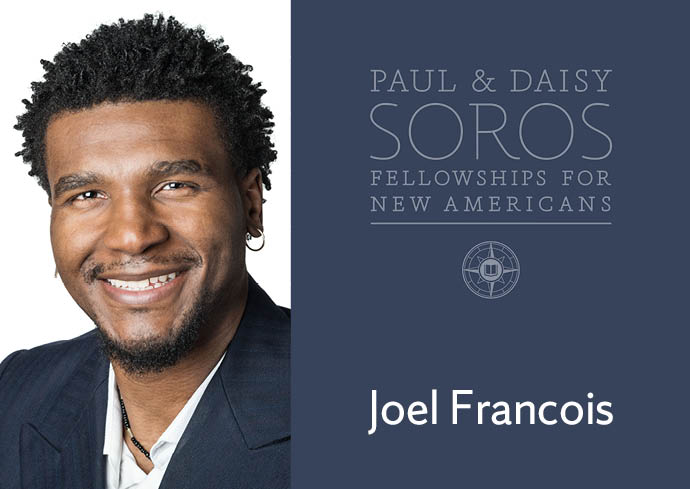What’s New at Campus Dining in Fall 2025?
As students, faculty and staff are welcomed back to campus for the fall semester, Campus Dining is celebrating upgrades at several of its retail locations and introducing a new, health-forward station at Ernie Davis, responding to student feedback about dietary…


 Joel Francois, a graduate student in the creative writing program in the College of Arts and Sciences, has been awarded a 2020 Paul and Daisy Soros Fellowship for New Americans. He is the third Syracuse University creative writing M.F.A. student to receive the fellowship in the past three years. Francois joins 30 other new Soros Fellows, selected from 2,211 applicants nationwide this year.
Joel Francois, a graduate student in the creative writing program in the College of Arts and Sciences, has been awarded a 2020 Paul and Daisy Soros Fellowship for New Americans. He is the third Syracuse University creative writing M.F.A. student to receive the fellowship in the past three years. Francois joins 30 other new Soros Fellows, selected from 2,211 applicants nationwide this year.